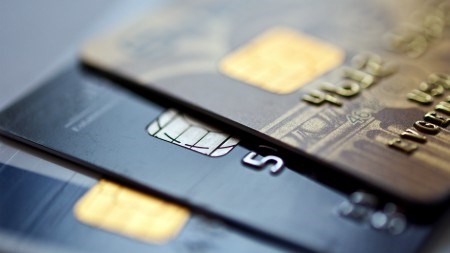If you’ve been wondering why there has been more month left at the end of your money these last few months, it’s probably because you’ve forgotten to budget for a few household expenses that tend to increase over the Winter period.
“While certain household expenses remain constant, others vary from month to month and from season to season. It is therefore important for homeowners to leave room in their monthly budget to allow for these kinds of fluctuations and, where necessary, cut back on other expenses to afford the unavoidable increases,” advises Adrian Goslett, Regional Director and CEO of RE/MAX of Southern Africa.
Lighting
“There are certain expenses that naturally increase during the colder months, electricity being the most obvious of these expenses. With the evenings getting darker earlier and the mornings getting lighter later, we tend to make use of artificial lighting more often. We also make use of more hot water, switch on heaters and electric blankets, stay home and use our electronic devices more often and use the oven and stove to make hot meals more often during winter – all of which leads to a higher electric bill at the end of the month,” Goslett explains.
Beyond this, Goslett points out that our monthly grocery bill also tends to increase (along with our appetites) over this period. Part of this expense might include firewood or gas, depending on your home’s preferred heating method.
Things that decrease
Luckily, there are also expenses that naturally tend to decrease over the winter period which can be offset against the above-mentioned expenses. “Petrol is one of these expenses, as one often spends more time at home instead of venturing out in the rain over the weekends. Your entertainment budget could therefore also potentially see a natural decrease as you opt for nights spent in front of the couch instead of going out to restaurants and shows,” says Goslett.
How to stay on top of your spending
“The key to keeping on top of your household expenses is to keep a record of your spending throughout the month. That way, you can keep track of how much you have already spent and how much you have left to spend before your next pay cheque cashes in. If you allocate a budget for each of your various household expenses and stick to it, then you can avoid getting into debt to get through the month. This is especially important for those who are hoping to qualify for a home loan in the foreseeable future and need a good credit record to receive approval,” Goslett advises.
Goslett therefore recommends that tenants who are struggling to make ends meet find a cheaper rental to avoid running up debt and marking their credit record. “If your hope is to one day enter the property market, your best bet is to find the most affordable accommodation option so that you can not only avoid debt, but also have enough left over to save for a deposit and the various other expenses involved in purchasing property,” Goslett concludes.



